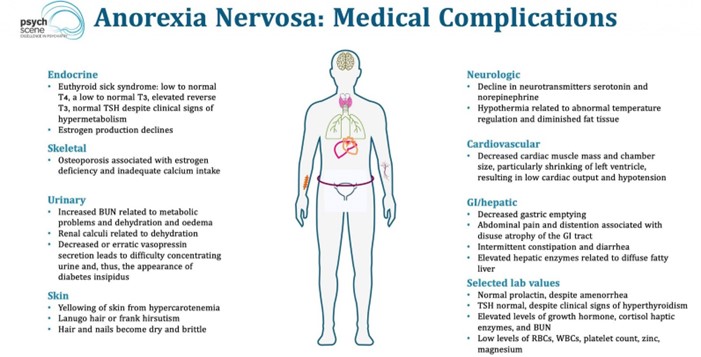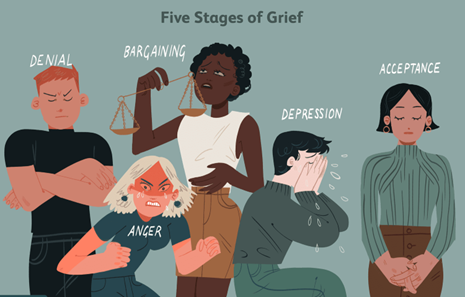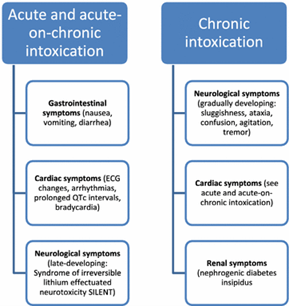A nursing care plan for a patient with anorexia nervosa includes the intervention “monitor for complications of refeed. “Which system should a registered nurse closely monitor for dysfunction?
Select one:
Endocrine
Respiratory
Musculoskeletal
Cardiovascular
The Correct Answer is D
Refeeding syndrome is a potentially life-threatening complication that can occur when a person with anorexia nervosa or other forms of malnutrition begins to eat again after a period of starvation. It is characterized by electrolyte imbalances and fluid shifts that can lead to cardiovascular dysfunction, including heart failure and arrhythmias. Therefore, when caring for a patient with anorexia nervosa who is being refed, it is important for the nurse to closely monitor the patient’s cardiovascular system for signs of dysfunction.
Option a. Endocrine system dysfunction can occur in patients with anorexia nervosa, but it is not typically associated with refeeding syndrome.
Option b. Respiratory system dysfunction can occur in patients with anorexia nervosa, but it is not typically associated with refeeding syndrome.
Option c. Musculoskeletal system dysfunction can occur in patients with anorexia nervosa, but it is not typically associated with refeeding syndrome.

Nursing Test Bank
Naxlex Comprehensive Predictor Exams
Related Questions
Correct Answer is C
Explanation
This statement shows that the client is not accepting the reality of their prognosis and is dismissing the doctor's professional opinion. Denial is a common stage in the grief process where individuals may refuse to believe or accept a difficult reality, often as a coping mechanism to avoid the pain and sadness of the situation. Options a, b, d, and e do not indicate denial and instead may suggest fatigue, acceptance, physical weakness, and anger or frustration, respectively.

Correct Answer is C
Explanation
Diarrhea, vomiting, and drowsiness are potential signs of lithium toxicity, which can be a serious and potentially life-threatening condition. If a client who is being treated with lithium carbonate develops these symptoms, the nurse should notify the health care provider immediately and hold the next dose of medication until new orders are received from the provider.
Option a. Hold the medication and refuse to administer additional doses for 3 days is not an appropriate action because it does not involve notifying the health care provider or obtaining new orders.
Option b. Notify the health care provider immediately and give 4 liters of fluids is not an appropriate action because it involves administering fluids without obtaining orders from the health care provider.
Option d. Document the client’s symptoms and continue with medication as prescribed is not an appropriate action because it does not involve notifying the health care provider or holding the next dose of medication.

Whether you are a student looking to ace your exams or a practicing nurse seeking to enhance your expertise , our nursing education contents will empower you with the confidence and competence to make a difference in the lives of patients and become a respected leader in the healthcare field.
Visit Naxlex, invest in your future and unlock endless possibilities with our unparalleled nursing education contents today
Report Wrong Answer on the Current Question
Do you disagree with the answer? If yes, what is your expected answer? Explain.
Kindly be descriptive with the issue you are facing.
